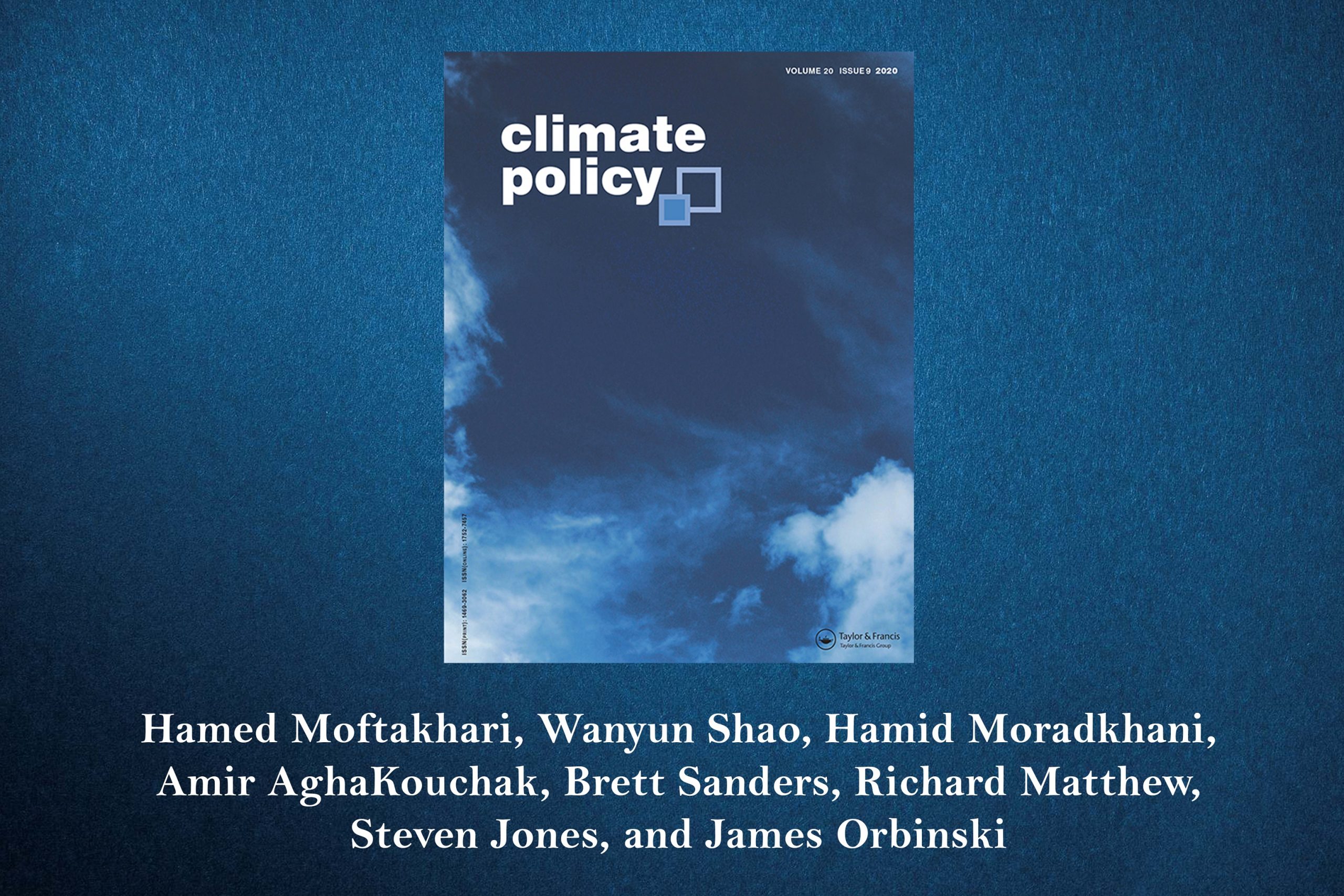Floods increasingly threaten disadvantaged communities around the globe. When limited financial resources are available, nature-based and community-based incremental adaptation that codifies existing actions and behaviours can help protect people and assets through risk reduction management. These adaptation measures mainly rely on non-financial capital that can be appropriate alternatives when financial resources are limited, especially within the context of disadvantaged communities. There are, however, challenges in implementing such adaptation measures, including differential power relationships that might lead to misallocation of benefits. We propose a polycentric governance framework that can enhance stakeholder engagement and mobilize various forms of non-financial capital to trigger a web of incremental adaptation measures through four support mechanisms: technological investment, institutional enhancement, knowledge production, and environmental protection. We further discuss how various facilitating factors, including (i) communication and transportation infrastructure, (ii) flexible laws/regulations, (iii) risk communication, and (iv) environmental restoration, can increase the likelihood of success in application of the framework. A successful application of the proposed framework also necessitates development of a research agenda around suitable non-financial metrics for monitoring and evaluating the performance of the proposed strategies. In addition, learning from new developments in general societal protection and resilience in communities with relatively large financial capital and experiences of practicing polycentric governance in disadvantaged communities may facilitate the implementation of polycentric governance-based disaster risk reduction globally… Read more

